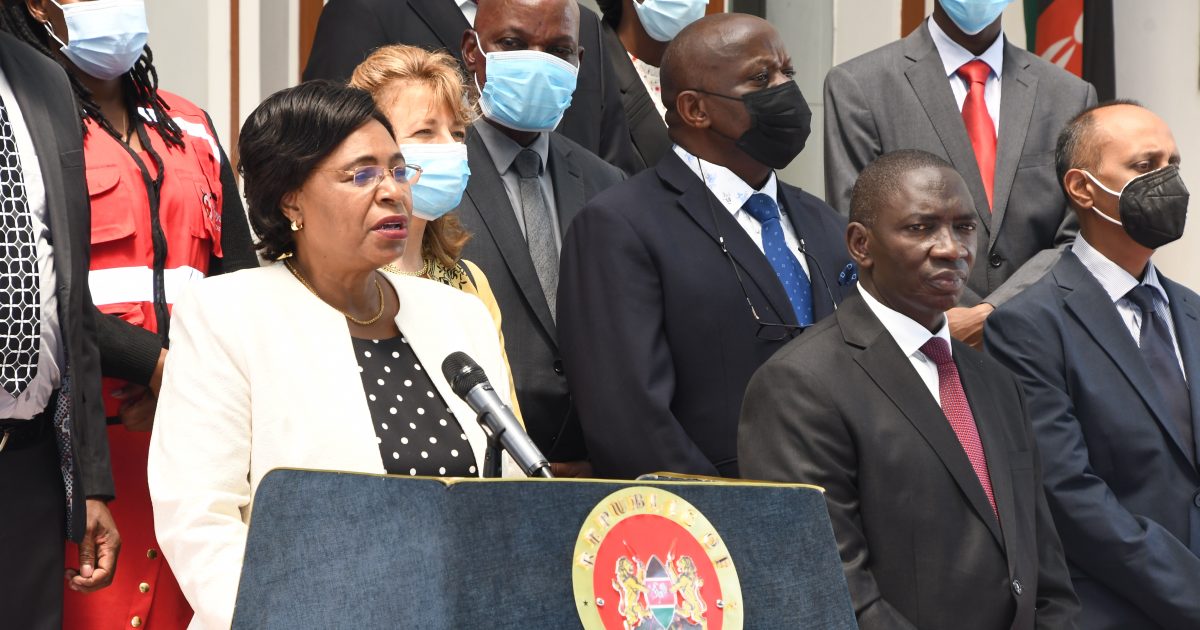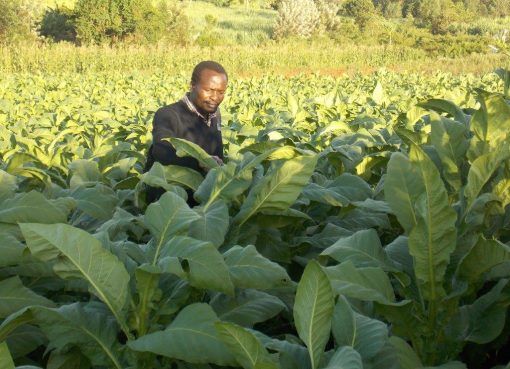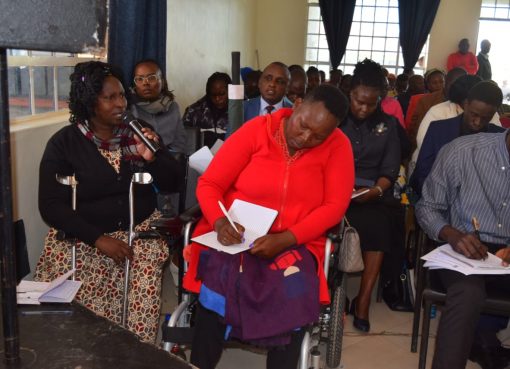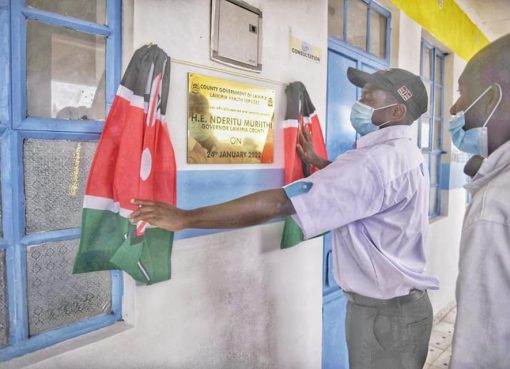The Government has made a paradigm shift in its policy of assisting Kenyans affected by drought by moving away from distributing relief food to introducing an emergency relief cash transfer programme.
Ministry of Public Service, Gender, Senior Citizens Affairs and Special Programmes, Cabinet Secretary (CS), Prof Margaret Kobia, said that the first cohort of 360,696 households identified for the emergency relief cash transfer programme would each receive Sh3, 000 totaling to the payroll amount of Sh1.082 billion on a monthly basis, until the rain situation improves.
Prof Kobia said that cash transfers have proven as the most effective way to reach vulnerable persons in times of emergency and the benefits included receipt of assistance in real time, value for money as the beneficiary has choice of purchase, safeguards the dignity of beneficiaries and stimulates local economy.
Speaking at Harambee House, during the launch of the emergency relief cash transfer programme in fulfillment of the government’s commitment to shift from food distribution to cash transfer, the CS said that the cash transfer would be disbursed through the Safaricom Mpesa platform to the identified and registered beneficiaries in the 23 Arid and Semi-Arid Lands (ASAL’s) counties.
“The government through a multi-sectoral approach, is coordinating national disaster drought interventions that include relief food distribution; livestock off-take; water trucking; digging and repair of boreholes to cushion and improve the livelihoods of the over 2.5 million Kenyans affected from the 23 ASAL counties,” she said.
The CS highlighted that in the month of October and November, government has distributed 89,460 bags of rice, 48,960 bags of beans and purchased over 8,000 heads of cattle from farmers for the on-going commercial livestock offtake programme.
Prof Kobia said that when they were distributing food, it was only the able-bodied people who would come and collect it, while those living with disability were left out explaining that the cash transfer would benefit everyone since the data has been gathered from all the vulnerable people in the affected counties.
The CS said that the government has decided that it would no longer buy relief food.
Prof Kobia highlighted that the current outlook from National Drought and Management Authority (NDMA) and the Kenya Meteorological Department indicated that the drought situation was expected to persist.
The CS also witnessed the signing of a project agreement between Kenya Meat Commission (KMC) and Kenya Red Cross Society for implementation of a ground slaughter programme.
Prof Kobia said that the programme targeting the 23 ASAL counties, entails the purchase and slaughter of over 76,667 livestock considered weak, was distributed as relief food to over 766, 667 households.
Eldas Member of Parliament, Adan Keynan, commended the government for thinking outside the box and coming up with the emergency relief cash transfer which will address the challenges that have been affecting the relief food distribution programmes.
Keynan said that the initiative would help deal with the corruption and inefficiencies that have been bedeviling the relief food programs.
“As the Pastoralists Parliamentary Group, we would like to call on all the government officials involved in this initiative to go to the ground and ensure that the project is successfully implemented,” he said.
He expressed optimism that the initiative would not only help the vulnerable people, but also spur economic activities at the grassroots.
“We would like to also urge the government to look for lasting solutions to the drought challenge affecting the ASAL counties by borrowing from other dry countries like Israel, Spain, Egypt, Saudi Arabia and Jordan who harvest terrestrial rain and use the water for irrigation,” he said.
By Joseph Ng’ang’a





